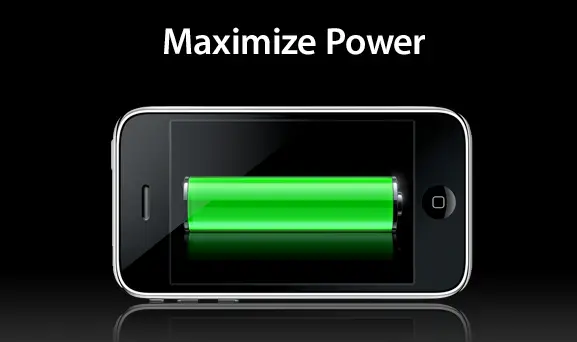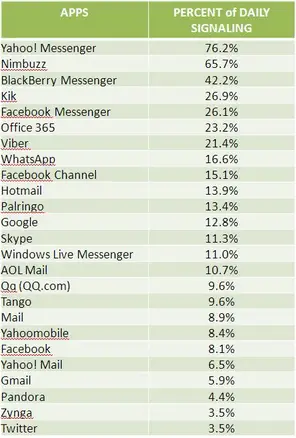Every time an app wakes up your smartphone, you lose 2 minutes of standby time even when the screen is off. While Project Volta will try to address this issue in Android L using a new job scheduler (test reveal bump in battery life by about 90 minutes), another silent culprit which might be draining your battery is your cellular service provider network.
Does Cellular Network affect Battery life?
Yes, if you don’t receive good network coverage in an area, your phone has to ping network tower again and again and constantly look for stronger signal which can significantly reduce your battery backup by about 2 to 3 hours. Battery consumption also depends on what process network uses to send data to your smartphone, No of users on network, whether you are using 2G or 3G network, the type of interaction or the size of files being exchanged.
What happens when your phone is turned on?
When ever your phone is turned on, lot of interaction goes on with cellular network towers to establish IP address and context setting before you can use your cellular network. There are several other interaction required when your apps request a data channel to transmit and receive data and even more so while when you are on the move. In absence of proper network strength all this job becomes even more taxing.
Apps interacting with your Network
Most of the times when you encounter an unexpected battery drain it will most probably be because of a rogue app exploiting your smartphone resources. Sometime back Facebook increased Signaling load by around 5-10 percent which also leads to high battery drain and proves costly to carriers. This was also a problem for Facebook which aims to expand as zero-rated service in developing markets. The next update rectified the issue for Facebook. Here is a list of apps which you should be care full with along with their percentage in daily signaling according to a study conducted by alcatel-lucent. Keep check on apps that have push notifications enabled.
Caution with WiFi Network
Any app that needs to signal more will tax your battery and most often without your knowledge. The problem is also extended to WiFi networks. If your WiFi signal is poor or when your WiFi is left turned on while you are on the move it keeps on searching for WiFi network constantly. Advanced users can easily set WiFi to turn off automatically when it is not connected for a certain idle duration while others should manually turn their WiFi off whenever it’s not needed.
Conclusion
Our mobiles phone signal network around 250 times per day and in case you don’t have a proper network in your area, this can lead to significant battery drain. The most important thing being, that all your battery saver apps won’t recognize this battery drain and this might register as standby or idle drain on your device. We could achieve up to 4 to 5 hours of improvement in a rudimentary test conducted by switching to a better network SIM (Besides some other battery saving tricks), so keep a watch on how many signal lines you get in your area.

